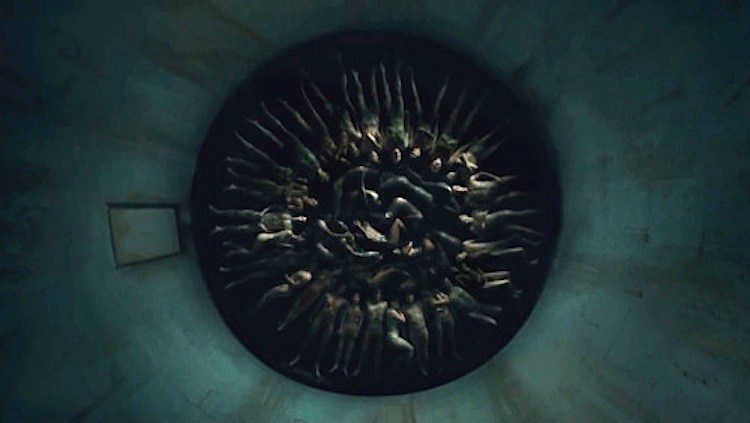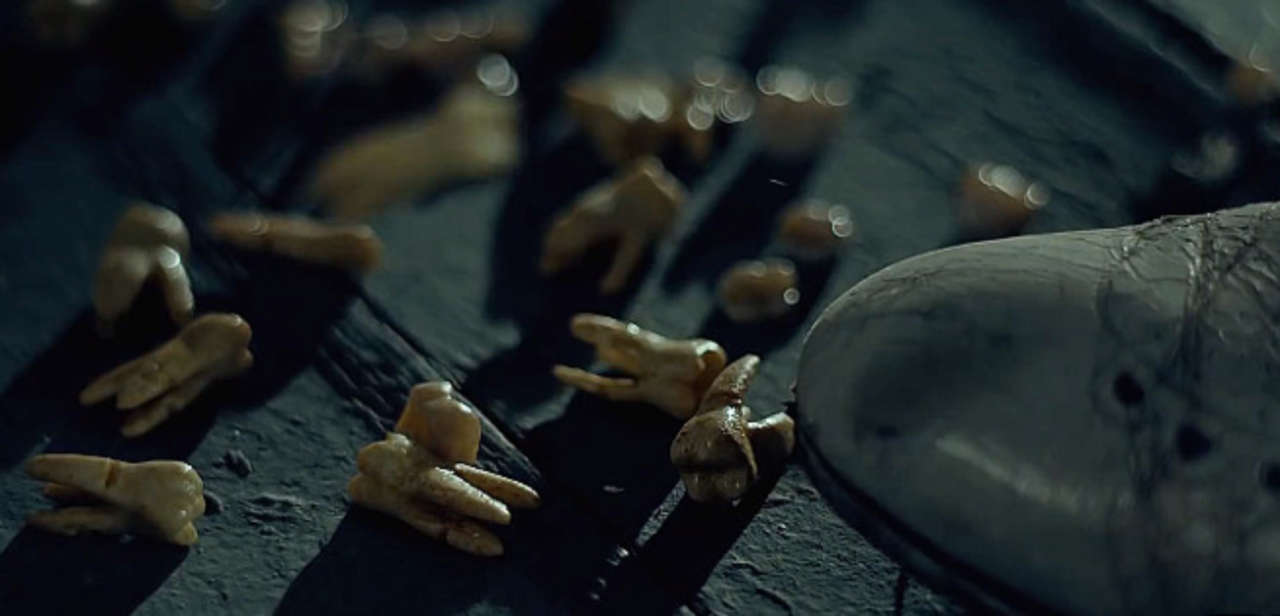
The depiction of fictive serial killers in television shows such as Dexter, Hannibal, and The Bates Motel is often more positive than the portrayal of killers in the news and online articles. Serial killers are illustrated in television shows as conflicted, moralistic, intelligent, caring, or sympathetic. While killers in the news media are called ruthless, cruel, psychopathic, or mentally ill. With an uneven distribution of a vast amount of TV watchers to dwindling news reading, well-informed individuals, this aspect becomes quite worrisome.
In the television drama, Dexter, the main character Dexter is a forensic blood spatter analyst that continually battles against his inner nature to kill. However, according to his code, instilled in him by his adoptive father, he is only permitted to kill those who are killers themselves. The loyalty he displays towards this code and the deep connection to his family in the show portrays Dexter as a killer with a conscience and morals. He comes across as relatable and viewers are on the edge of their seat each time he is close to being exposed by the cops because they are rooting for his success, and not the justice system.
In Hannibal, the main villain Hannibal Lector is painted as charismatic, charming, intuitive and intelligent. He comes across as admirable instead of villainous, despite the fact that he is a cannibal. The show even had a major cult following during its time on air, called the “Fannibals,” who were quiet infamous for throwing meetings that focused on the fandom and subculture surrounding the idea of cannibalism.
Lastly, The Bates Motel tells the story of a young boy who slowly grows into a train of serial killer tendencies brought about by blackouts caused by relived traumatic experiences. The show starts out its first season with a slow paced, in depth drama about a simple boy’s life –Norman Bates- who has an unusual deep connection with his mother to establish him as a likable, connectable character. When unexpected murders begin happening as a result of his blackouts, it is easy for the audience to perceive the killings as accidents, placing no blame on Norman himself. Facilitating a protective, supportive nature for a murder with psychological issues.
Why is it that the television industry highlights the positive qualities of serial killers in an effort to make them more relatable or likable? Why are the crimes committed by the main characters of these shows hidden behind the art of a dramatic story line? Why are viewers so entranced by the story of a killer’s life and why is it we secretly hope that they won’t be discovered in the midst of their obvious crimes? Lastly, the age old question: is there a correlation between violent television and illicit activities/crime?







